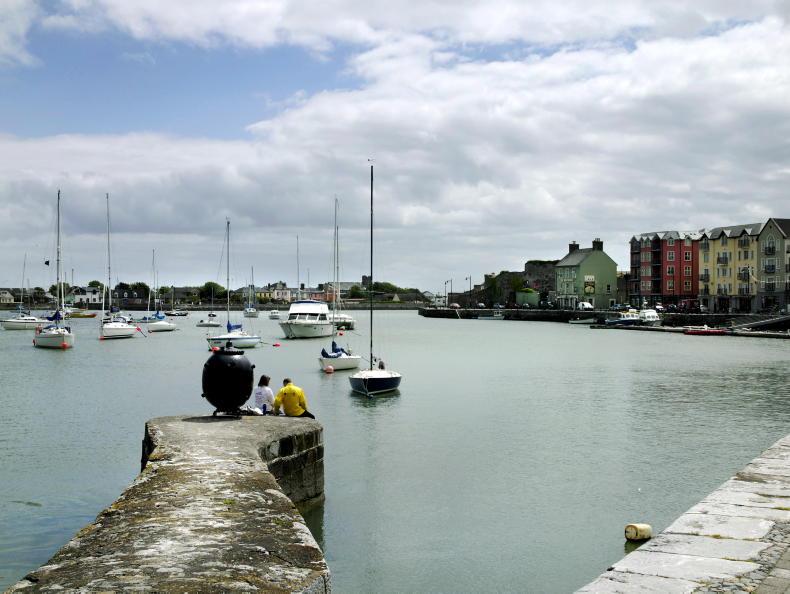The breakdown of Brexit Adjustment Reserve (BAR) funding for the marine sector was published by Minister McConalogue this week. The €32.7m of funding will be given to 110 projects that have a total cost of €40m where work is ready to start.
The other major commitment from the fund was announced late last year to provide funding of €70m to the dairy and meat processing sectors.
This will part-fund 22 projects from meat and dairy processors under the Capital Investment Scheme for the Processing and Marketing of Agricultural Product on a total spend of €266m.
Nature of projects
In a summary of the 22 industry projects, “capital investment to support market diversification” was a recurring theme. This wide-ranging title enables factories have investment projects funded from investing in structures and equipment to setting up in new markets beyond the UK.
It is accepted that Irish fisheries too are in the front line for negative Brexit impact. The range of projects that make up the €40m of expenditure, of which €32.7m will come from BAR, is based on funding infrastructure around ports and harbours.
This will no doubt benefit these amenities, fishing and the local communities that use them though some appear to have a negligible link to Brexit.

However, the marine sector did have an ace as well as an immediate Brexit impact. In March 2021, a seafood taskforce was set up and it came forward with a five-year plan costed at €80m, front-loaded for shovel-ready publicly owned marine infrastructure. Developing these facilities is identified as having a broad benefit, extending into tourism.
Meeting the criteria
Beef producers have long been identified as the sector most at risk from Brexit given the level of exposure to the market in Britain. Unlike dairy or other meats, Irish beef has two significant barriers to trading in global markets. Irish beef is produced to the EU hormone-free standard which makes it less price competitive and, additionally, several markets remain closed or are open with restrictions as part of the BSE legacy.
However, with beef prices on a roll for the past year, attracting funding has been less of a priority at farm level. There was also widespread belief that the sector couldn’t show meaningful loss at a time of rising farmgate prices.
The big threat to the beef sector is UK open-door trade policy with Australia and New Zealand having already secured exceptional access for beef, dairy and sheepmeat.
Given Ireland’s exposure on beef in particular, this will have a negative effect. It hasn’t happened yet and it may indeed be beyond the end of 2023 when the BAR money has to be spent before the full consequences are felt. Looked at within these narrow parameters, it is easy to see how beef may not appear eligible.
Benefit of a plan
However, the marine sector has demonstrated the benefit of a creative plan that extends well beyond catching fish. The seafood taskforce, chaired by former Bord Bia chief executive Aidan Cotter, was commissioned in March 2021 and produced a 221-page report on how the sector might deal with the immediate loss of 15% of the quota.
While the report dealt with industry issues such as restructuring, it also looked at the broader use for marine infrastructure, with marine tourism prominent. This broadened the scope well beyond catching and processing fish in traditional fishing ports.
With the clock ticking down on the time-limited fund, farmers need to come forward with creative proposals that bring investment to their sector.
Rising markets have absorbed increased Brexit costs for things like switching from the UK landbridge to direct sailings for accessing EU markets. However, farmers can demonstrate a need to prepare their businesses for more competition which in turn will require greater on farm efficiency.
As with seafood, a comprehensive review of beef should be undertaken with everything on the table from restructuring to diversification. Irish beef producers are among the most exposed to Brexit in the medium and longer terms and creativity is required to put a front-loaded preparation support package in place.






 This is a subscriber-only article
This is a subscriber-only article









SHARING OPTIONS: